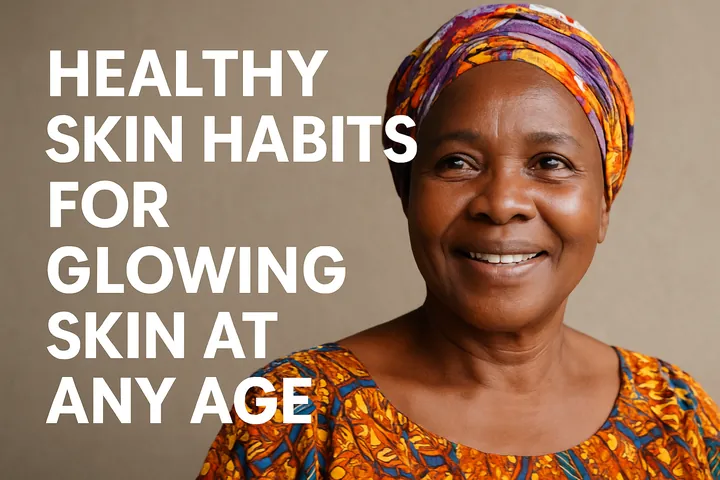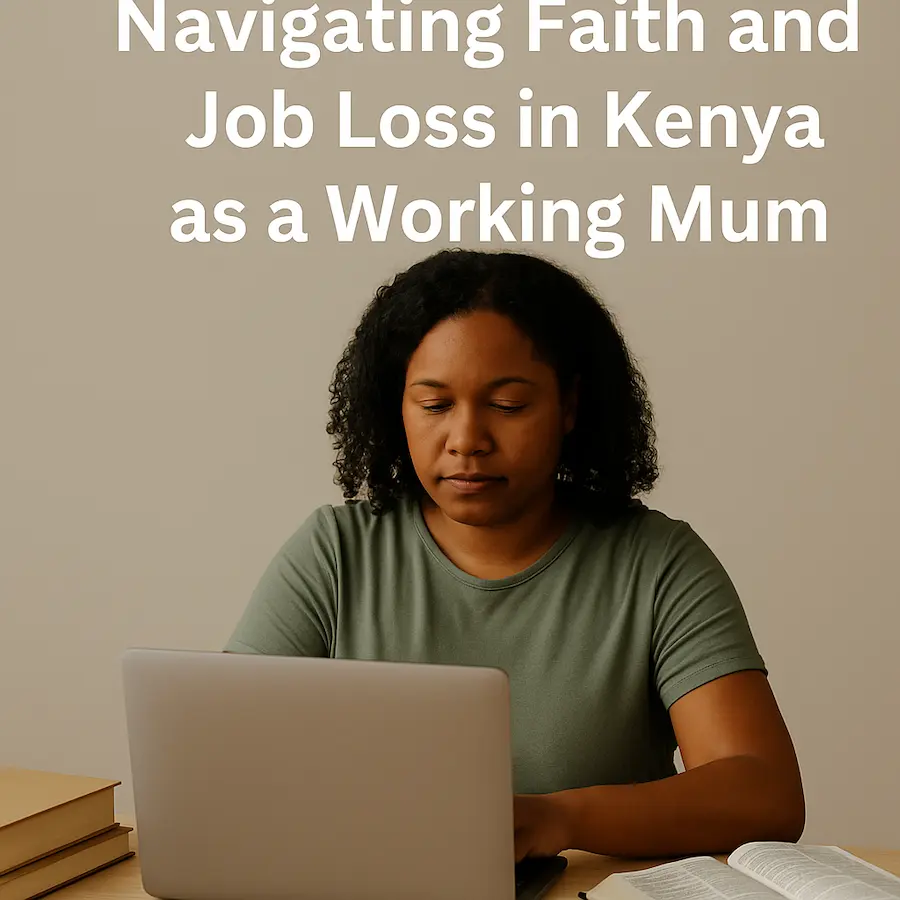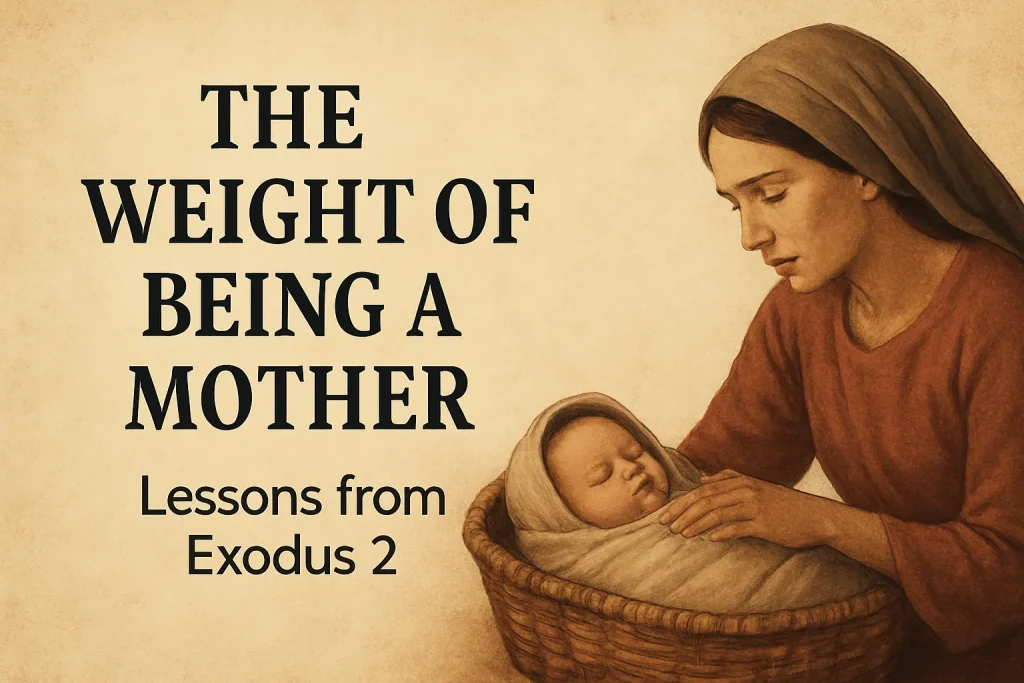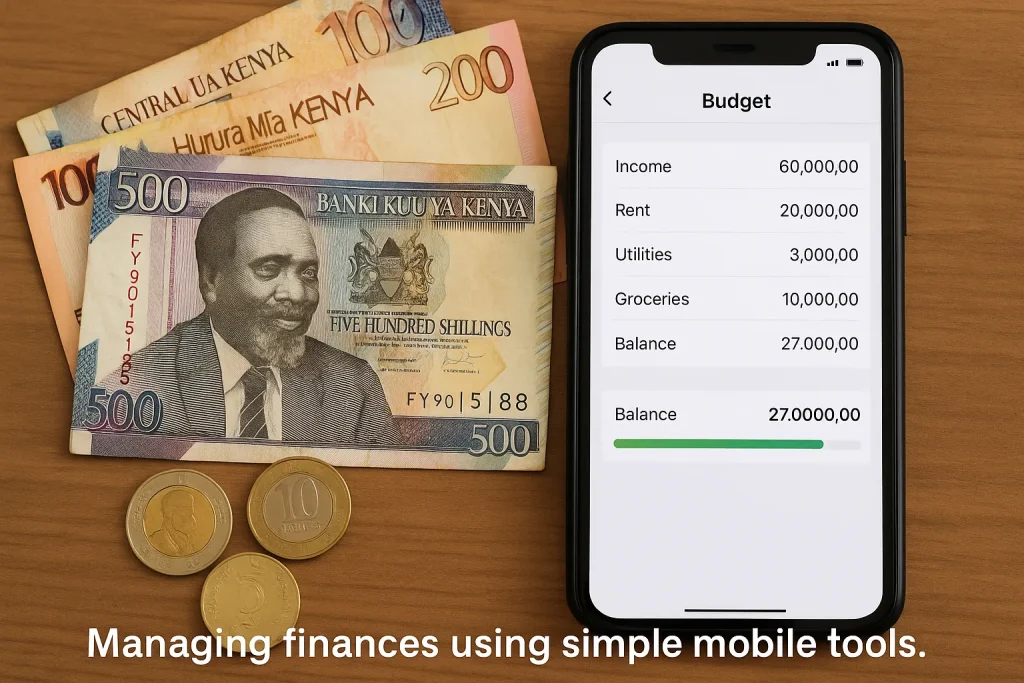
Working in customer-facing roles or running a business often means engaging with people from different backgrounds. This is where accommodating culture in the workplace becomes more than just “good manners”—it’s a powerful tool for building trust and ensuring lasting relationships.
I learned this firsthand when I worked for two months at a hotel on the coast, stationed at the reception desk. There, I discovered how deeply culture shapes expectations, greetings, and even how customers define respect.
👉 Related reads: Handling Unstable Customers – Customer Care Kenya
Why Accommodating Culture in the Workplace Matters
- Culture shapes how clients expect to be treated.
- Culture affects non-verbal communication: eye contact, handshakes, gestures.
- Culture builds trust and loyalty when honored—or tension when ignored.
A small mistake, like offering the left hand instead of the right in greetings, can create a negative impression. In the coastal community, offering the mkono mbaya (left hand) was a sign of disrespect. On the other hand, a warm greeting, handshake, and smile built instant rapport.
👉 Related reads: When You Can’t Meet Expectations – The Heavy Price of Disappointing Customers
Practical Tips for Accommodating Culture in the Workplace
1. Learn Local Greetings & Etiquette
One of the simplest but most powerful ways of accommodating culture in the workplace is by learning how people in your community greet.
- Handshakes, smiles, and small talk often come before business.
- Avoid offensive gestures (like offering the left hand in coastal Kenya).
- A proper greeting sets the stage for trust.
👉 Resource: The Culture Map: Breaking Through the Invisible Boundaries of Global Business
2. Learn Basic Local Language
Sometimes you’ll interact with elderly or illiterate clients. Being able to greet or explain something in their language shows empathy.
- Simple words like karibu (welcome) or asante (thank you) help.
- Even a few phrases can make customers feel valued.
👉 Resource: How to Speak Any Language Fluently: Fun, Stimulating and Effective Methods
3. Respect Religious and Ritual Practices
My Jewish client at the hotel paused to pray at the desk. Instead of rushing him, I allowed space. That moment taught me that respect sometimes means silence and patience.
Businesses should:
- Allow time for prayer breaks.
- Respect dress codes or rituals.
- Avoid making assumptions about practices.
👉 Related reads: The Power of Listening, Care, and Compassion in Customer Service
4. Respect the Rhythm of the Community
When I first worked at the Coast, I quickly discovered that the predominant Muslim culture meant adjusting to a new rhythm of life.
- I remember breaking for lunch, rushing to buy something at the shop—only to find the shops closed because people had gone for prayers. It was a culture shock, but also a lesson in understanding and respecting faith-driven schedules.
- What impressed me deeply was the generosity of the Muslim community during Ramadan. Most of the time, I didn’t even need to cook because neighbors and colleagues made sure I had enough food to share.
- During Idd celebrations, the hospitality was unmatched. I recall my time in Malindi, where there was so much meat slaughtered and shared that the whole town ate until they were satisfied.
This experience reinforced that accommodating culture in the workplace isn’t just about customer service—it’s about embracing the community where you work. Respecting prayer times, understanding festive seasons, and appreciating generosity help you serve customers better and also become part of the local rhythm.
👉 Resource: Islamic Exceptionalism: How the Struggle Over Islam Is Reshaping the World
5. Address People with Respect
In many cultures, how you address men, women, and elders matters.
- Use honorifics like Sir, Madam, or cultural titles.
- Be cautious of tone and body language.
- When unsure, choose the more formal approach.
👉 Resource: Emotional Intelligence 2.0
6. Train Your Team in Cultural Sensitivity
If you run a business or manage a team, train staff on:
- Local greetings.
- Gestures to avoid.
- Proper ways of addressing clients.
- Using respectful language.
👉 Resource: Cultural Intelligence: Surviving and Thriving in the Global Village
Challenges in Accommodating Culture in the Workplace
| Challenge | Solution |
|---|---|
| Too busy to greet properly | Train staff to make greetings automatic, even in busy settings. |
| Language barriers | Use visuals, hire bilingual staff, or learn basics. |
| Multiple cultures in one space | Stay flexible—ask clients what they prefer. |
| Mistakes | Apologize, correct, and learn from it. |
👉 External read: 6 Tips for Handling Cultural Differences in the Workplace
Call to Action (CTA)
Cultural respect is not an “extra”—it’s the foundation of great customer service and sustainable business. Whether it’s learning a handshake, speaking a few local words, or giving space for prayer, these practices show your clients that you see them as whole people.
👉 Want to sharpen your skills in accommodating culture in the workplace?
Check out these helpful resources:
Take one step today: greet someone warmly, use their preferred style, and see how it transforms the interaction.








